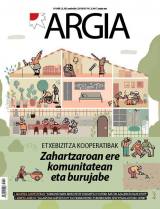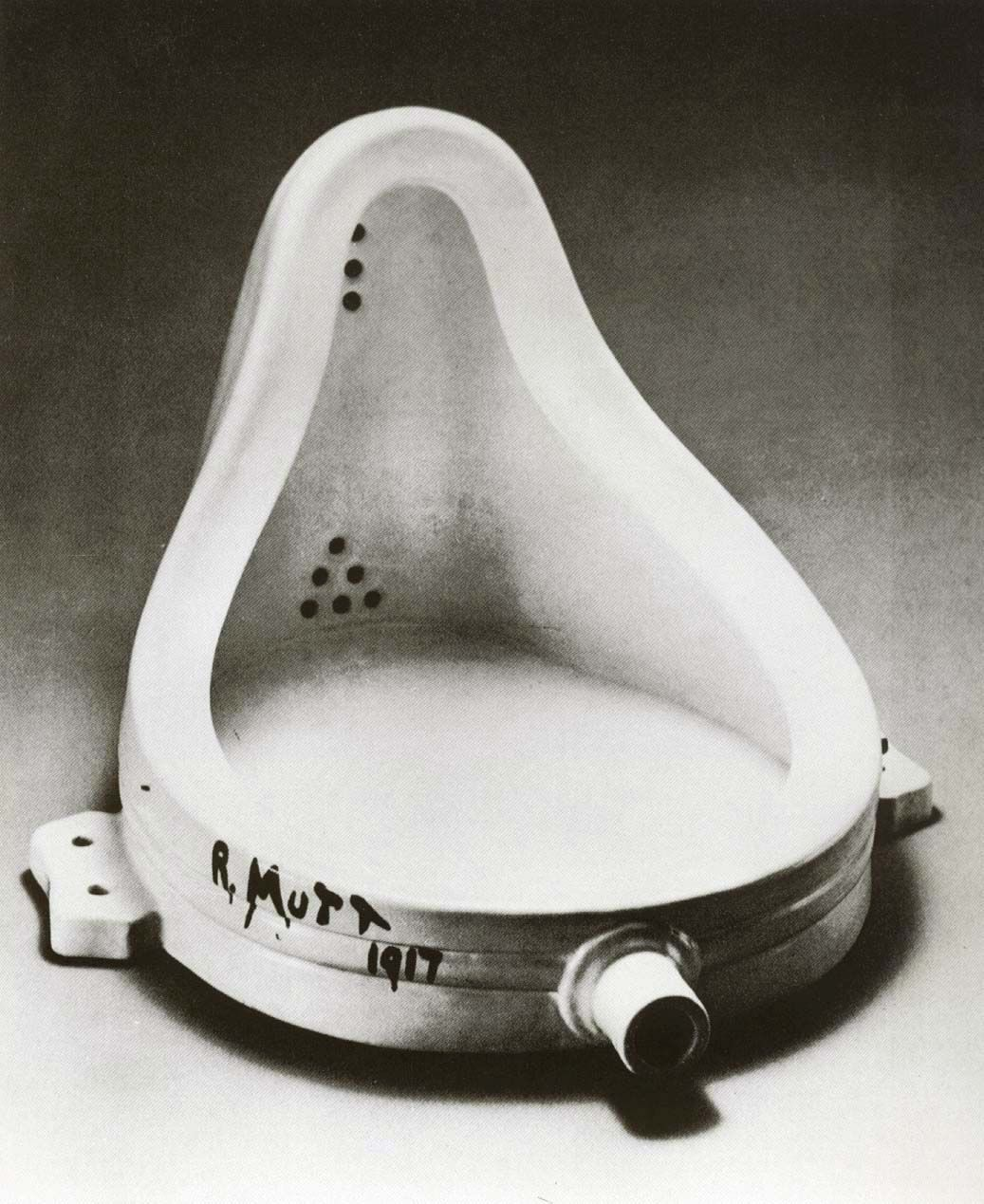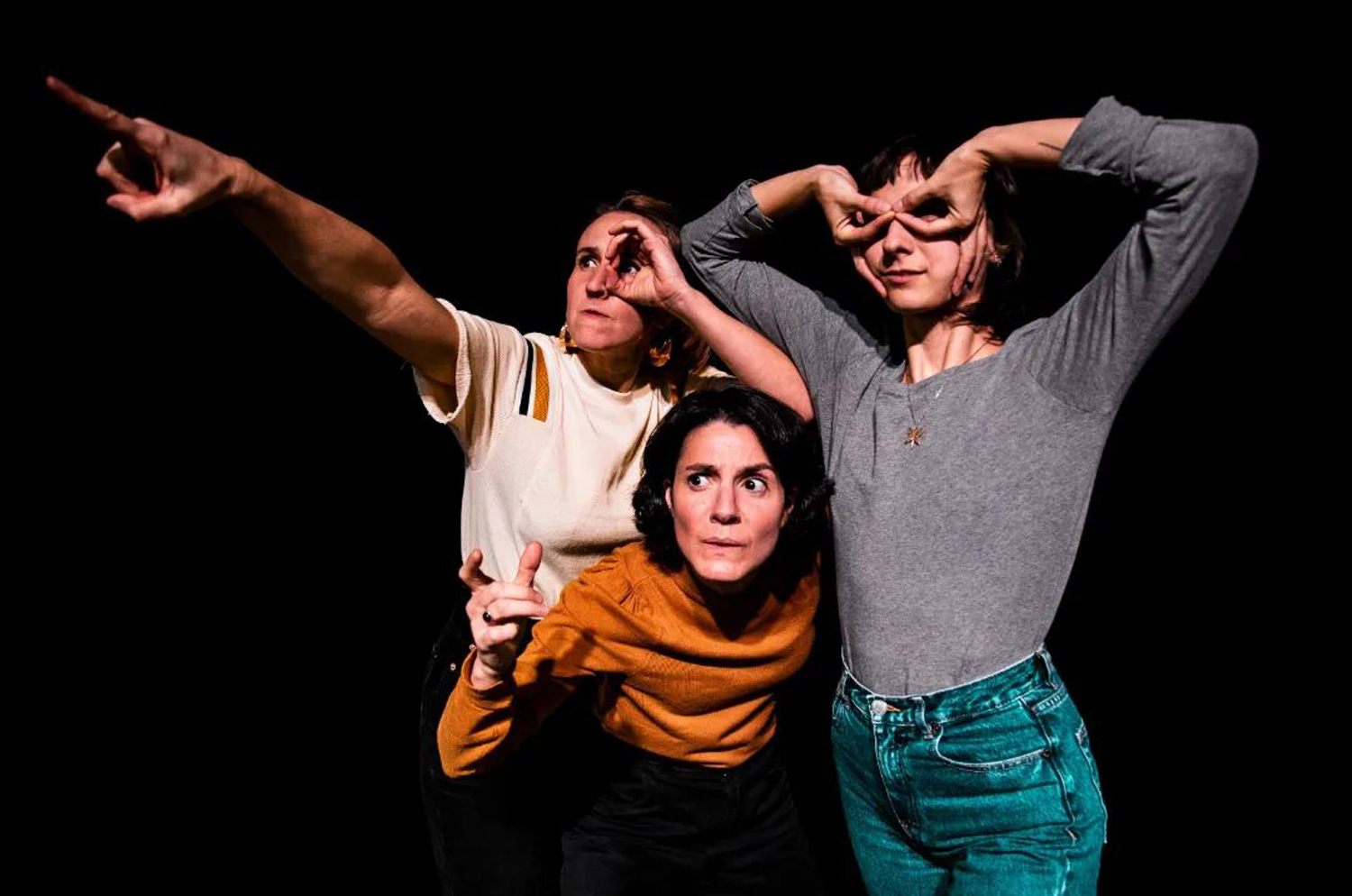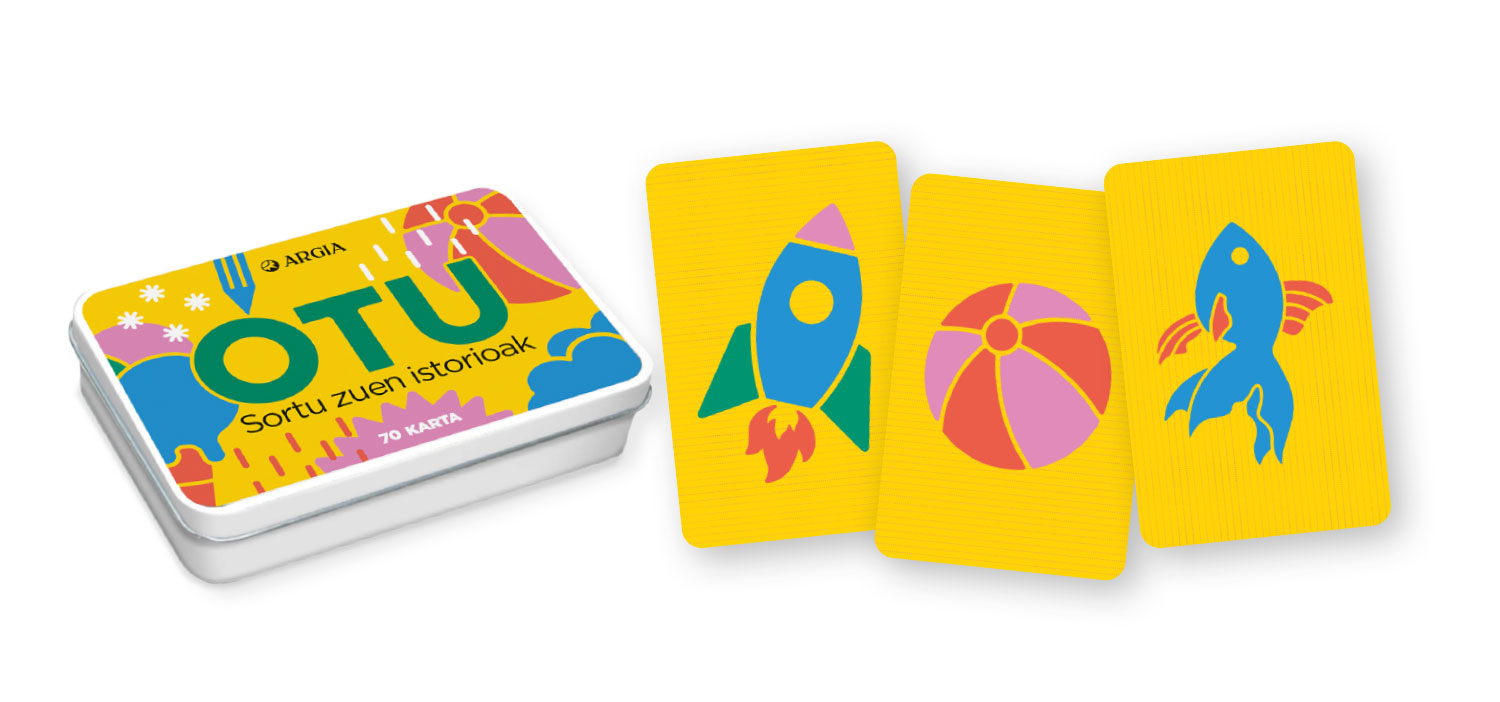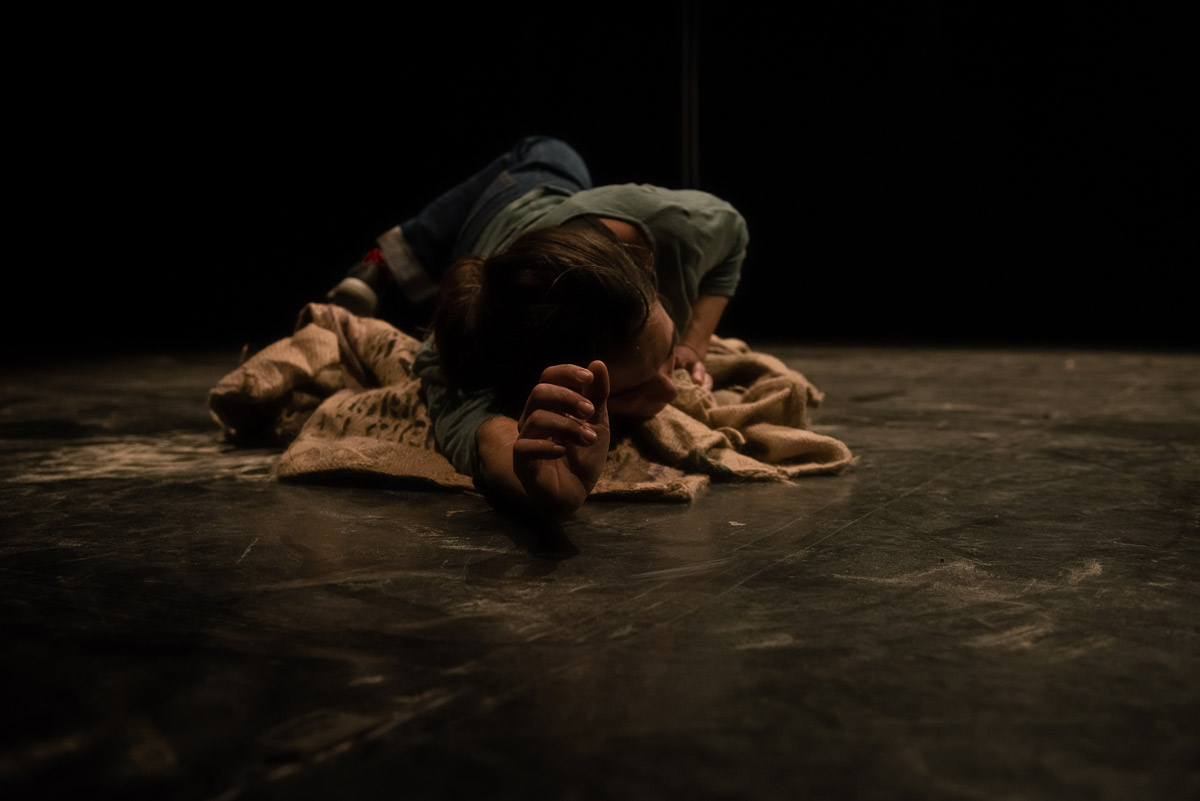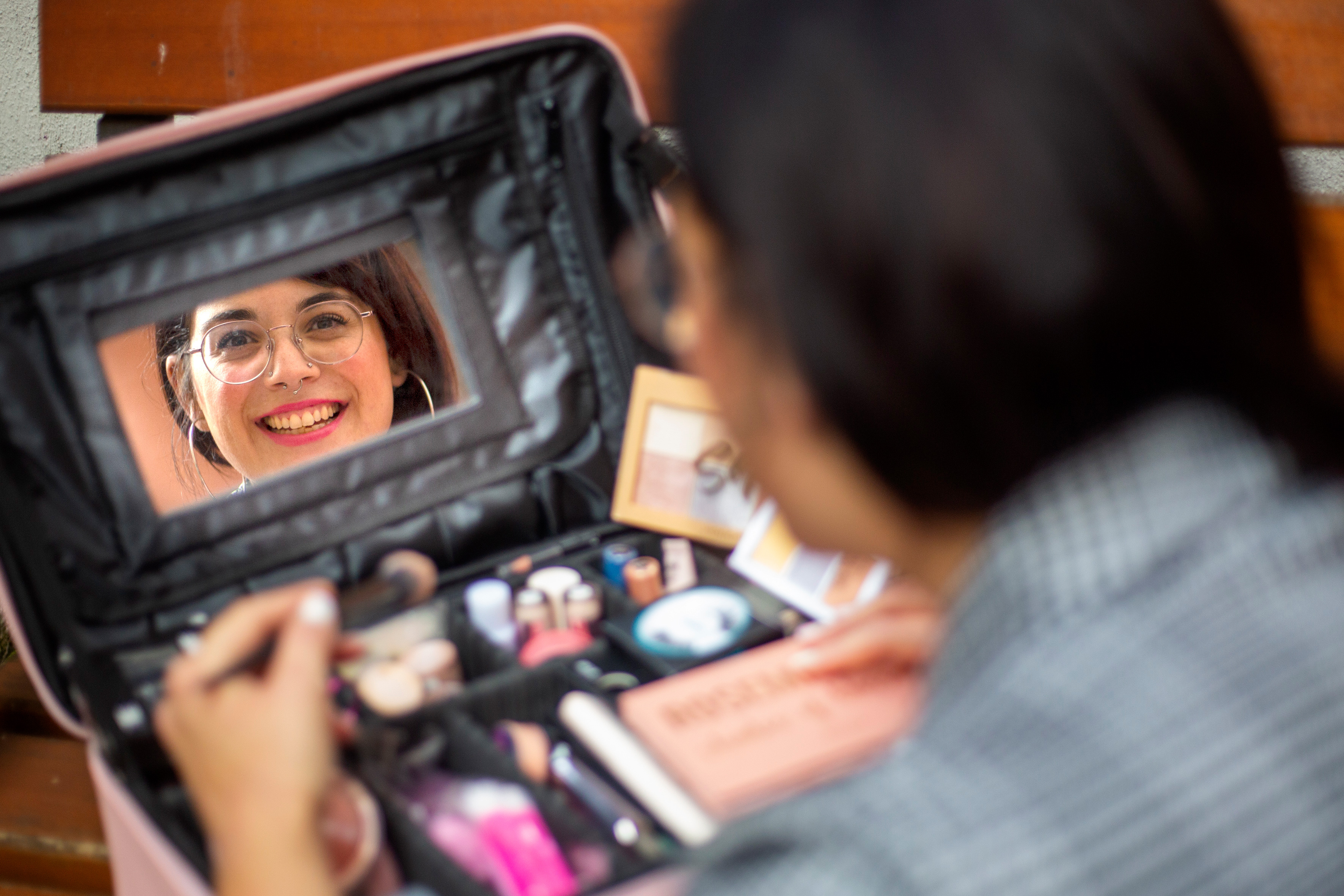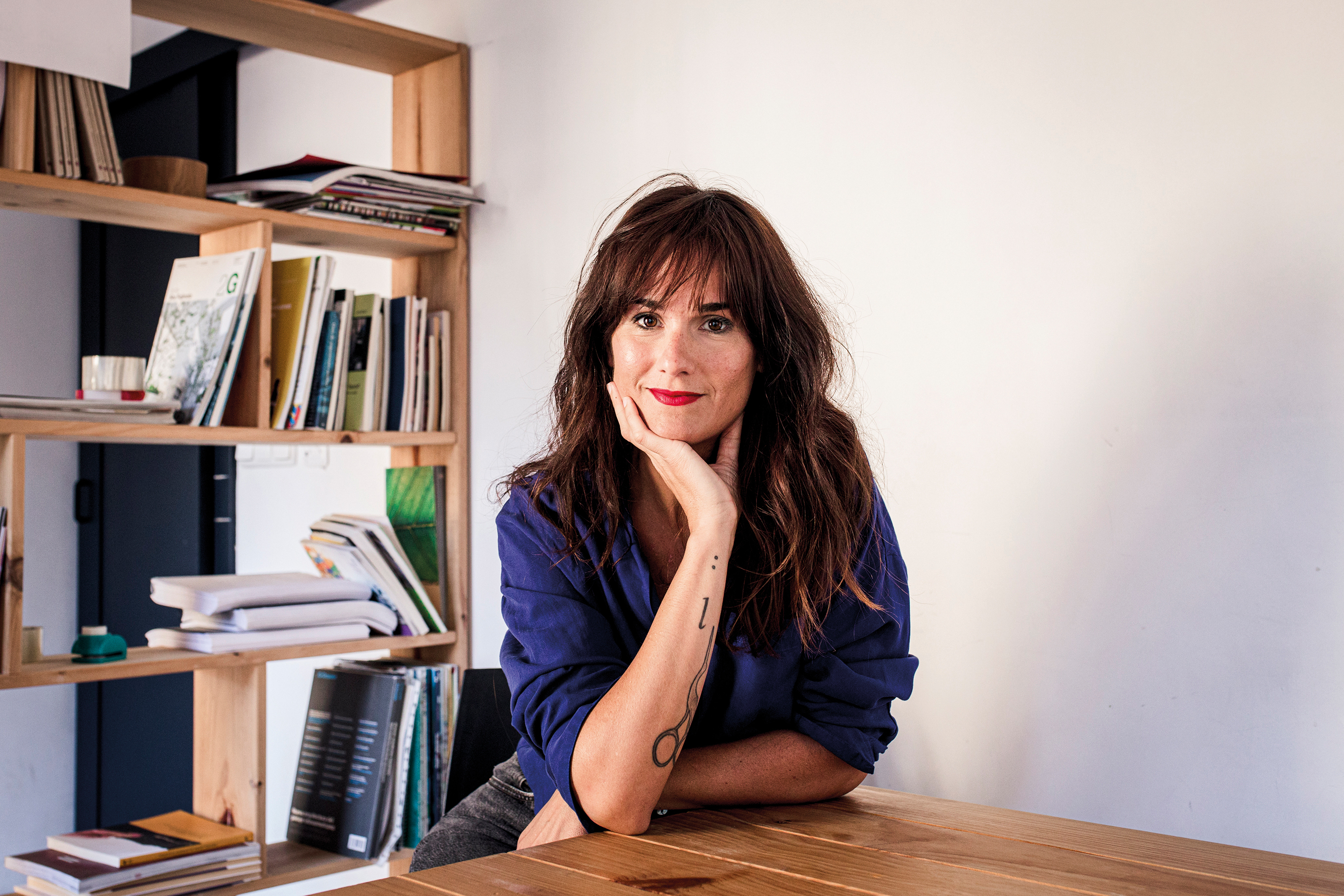"I'd love to make a movie about working women working 24 hours in the home."
- Jail, the lives of many oppressed women, the new ways of making politics -- this documentalist wants to bring worlds to film that can't be rolled.

Historian lizentziatua (EHU, 2011) eta Bartzelonako CCDFBn zinema dokumentalean diplomaduna. Mugimendu Feministako kidea. Ezker Abertzaleko kide izanik 2007an atxilotu eta bi urte eta erdi eman zituen kartzelan. Irati Gorostidirekin batera Euritan film dokumentalaren egilea da. Durangoko Azokan aurkeztu zuten eta berriki zuzendaritza profesionalaren sari bat lortu eta Kimuak katalogorako hautatua izan da. Uharte Arte Garaikidearen Zentroan komisariotzaren inguruko ikerketa proiektu bat garatzeko egoitza egin berri du. Gaur egun Emagin elkartean ikertzaile eta hezitzaile egiten du lan.
By studies of historian and vocation as a filmmaker?
I learned history, I don't know why very well. At UBI, I had a very good history professor, and I think that had a huge influence. I don't know if what has to do with film is a vocation, but that's what he's asking me right now inside. I made the documentary film diploma in Barcelona and now I am taking a postgraduate degree in film research at UNED. In recent years, I've done some simple things.
Is audiovisual language ideal for conveying ideas?
No doubt. Art in general. My interest is to express the usual issues in a different and transgressive way. It is often observed, for example, that political messages block content through traditional discourses. Art always turns around the usual themes, and that's why cinema, in my case, seems like an interesting tool to make some things reflect and question.
Especially suitable for young generations?
Yes. We live more and more in the world of image. We're moving from a culture linked to text to an image-based understanding or thinking. However, it is a pity for me to lose our ability to read, to concentrate on a text for more than ten minutes, in short. I try not to lose all of that, and that's why I buy and read books. Excessive use of screens makes us sick. The lack of limits on the Internet overwhelms us.
Is political militancy a closed chapter in your life?
The key is what we mean by political militancy. Political commitment is not just to participate organically in a certain structure, for me it is much more and can take different forms throughout life. There are many things that can be transformed by working in many fields. A friend told me that life can be not very long but very broad and I like to give life a little longer. I don't understand life in one direction. I always try to pull the ends to various strings, and I don't think that's a denial of my past, but a way to give continuity to my work. I believe that in Euskal Herria the political conflict has had a lot of weight, and in what context it was born and where it was going, it was very easy to enter into that clash. Many people have experienced very harsh situations. In our generation, we had a very hard time. Some of us had a political militancy similar to what's being done anywhere else, but because we were in that context, it was out of the law and put you at risk of going to jail. So we've gone to jail a lot of people, many of us being very young. Now it seems that we are in a post-conflict situation, but we have not had a single way, no place, no recognition for everything that has happened to us. On the contrary, we are asked to live as if nothing had happened; to act as if we had not suffered police harassment, torture, jail… We have to make normal life: work, artistic residences, master’s… All this is very difficult and everyone does it as they can.
"Now it seems that we are in a post-conflict situation, but we have not had a single way, no place, no recognition for everything that has happened to us."
Two and a half years in jail and almost eight years awaiting trial. What experience have you had?
Prison is tough, but the process of exit is as hard as that, at least in my case. You can't generalize, but to me that was the case. Seven long years of waiting for trial, knowing that you are asking for ten years of imprisonment for you, is terrible. You find yourself in a strange context, you don't know where to position yourself personally or professionally. I left when I was 31. So I finished my career and I struggled to find a place in my everyday life. I know that in other cases this has not been the case, but in my case. I was very clear that I wanted to do a lot of things that I hadn't done before, even though I always had the sword of Damocles on my head to get back to the dungeon.
What did you feel when the phantom of the jail was dissolved after the 2015 trial?
Relief and fear. I think we don't talk much about this.
Are you a victim?
Uf, it's a fat term, and I have a hard time answering individually. Identifying with that word is not easy for me because I am aware of the decisions made. But yes, I think context played hard with everyone. The fear we have experienced has been very profound. I think it's hard to talk about all of this because it's complex and there's been no recognition of what a lot of people have experienced. I think there may be other ways of making me explain and that is what I have in mind, among other things. Through creation, I want to bring to light other political speeches.
That's been the essence of the headquarters that you just built at the Huarte Center, right?
Yes, it can be installed on that road. I have developed along with the Catalan feminist Irina Mutt the project The Invisible, or the limits of my language. We have had little time, but it has been very interesting. Irina's projects and mine are totally different, but they have points in common. She works around vulnerable groups, from a feminist point of view, in a way that empowers how vulnerability can be. My line of research is located in the image. How you can represent those worlds that can't be rotated. Even if you think that everything is made and distributed in images, there are invisible worlds. One of them is prison. I'm researching the work of various artists and the images and film strategies that they've used for it, because you can't put your camera in the everyday life of the jail and record what's going on inside.
You have been awarded a research grant on the commissariat. What is that?
The concept of commissariat is very fashionable in contemporary art. The basis is to weave and bring, where possible, other researchers and thinkers who are working on the topics we research. Create a context with people and see how collaboration can be encouraged.
Will this work continue?
I have proposed holding a seminar on the subject. And I want to produce an audiovisual piece based on letters written in prisons. Irina also proposed a workshop.
What more invisible realities are there?
A lot. At the time, for example, Berwick Street Film Collective recorded in a documentary women cleaning up a large building in the evening, called Nightcleaners. I'd love to make a movie about workers who work 24 hours at home.

You made the Euritan short film with Irati Gorostidi. What is your message?
It has been productive work. Our starting point was to shed light on the political narrative of Euskal Herria in some points that are not common. Our goal was to value the influence of many women on militancy. Along the way we find a text by Itxaro Borda, Klara and I, in which in the 85, in the GAL era, presents the first lesbian scene in Basque literature. At a time when the conflict was so hard, there were women who thought about lesbianism in a political way. There is a linear and normative account of the conflict. I believe that this way of telling things has done a lot of harm to us.
Linear and male mode.
Yes. We have to reinvent ourselves. We continue to repeat the parameters of the previous phase, the social and political structures, the new citizen dynamics… Meanwhile, there are other social currents that pose things differently and that clash with the structures that have existed for some time. In this time of economic, social and cultural crisis of capitalism, we need to join forces and create a new political subject to deal with the situation. This requires trust, the ability to break with previous models, empathy... It is very difficult because we have been under great tension for many years, because it has been very hard, and behaviors such as firmness have been rewarded. I thought it was going to be a matter for several generations, but I'm realizing that the new generations still have a lot of burdens in general.
How do you see the change in Navarre?
All these tensions I feel there. It seems to me that, politically, in both the Government and the City Council of Pamplona, different things are being done on the path of innovation, but sometimes I do not know if the addressee of this policy is not very patient… I see little empathy. It costs such a profound change and between different aspects, and it takes time and pave the way. In any case, much remains to be done to achieve a new political hegemony in Navarre.
"Even if you think that everything is made and that it is given in images, there are invisible worlds. One of them is prison."
What about the spread of feminism?
Twenty and a few years ago, I started military in Egizan, and then saying that I was a feminist was almost embarrassing. I find it terrible to see how it has changed over the last twenty years. Today, saying that you're a feminist gives you a centrality in some contexts. It's OK because it helps you spread the ideas of feminism and create tensions, but I'm also scared because other dynamics emerge, like expectacularization. Feminism often becomes a spectacle. Consumer matter. I am also afraid of simplifying speech. It is emptied of content and runs the risk of losing complexity, as has happened with many other subjects.
Today, social media and social media give us centrality to some feminists and we often don't know how to manage it. Many of the women who have worked silently while some are spectacular are not seen. We are not starting from scratch and that must be made clear. We need to do the genealogy of feminism and work on intergenerational dialogue.
You have a lot to do with Catalonia. How do you see the process?
In general, I believe that other procedures have been used, in the construction of networks or in the development of alliances with interclavian structures. More value is recognized among the political families present. These new alliances seem to me to be very interesting.
Are these steps unthinkable here?
Perhaps the steps being taken in Navarre and Iparralde have in part their form, but it is clear that in the political discourse they speak more freely than we do. The way the discourses are articulated is cooler. I believe that today we have seen there what a social revolution can be, that a confrontation can be made by creating new social majorities. It is very useful for other movements that we are in Europe. Catalonia has shown that collective awareness can be created, but much political skill is needed to achieve it. It has been a hard blow for people to activate 155, incarceration, trials… Now it remains to be seen where the situation is going.
Are you working on the Emagin partnership?
Yes. We do feminist training and research. The Equality Departments of the municipalities and other associations call us the training technicians and perform other tasks for the citizens. We have also begun some research work. In one of them, for example, we will begin to analyze the conditions of women who perform care tasks. On the other hand, we continue to work with feminist genealogy projects. We want to promote intergenerational dialogue between women to learn about the work of our pioneers. With regard to communication, through concrete methodologies, research is being conducted on gender, class and race.
“Badira gauza asko kartzelaz azaltzen oso zailak direnak. Ez da beste espazio bat. Kartzela bada espazio isolatua, zerikusi handirik ez duena kaleko kodeekin. Baditu beste logika batzuk, eta batez ere baditu eragin batzuk oso fisikoak, gorputzari eta adimenari oso lotuak daudenak. Menderatze sistema bat da”.
“Urriaren lehenean Bartzelonan izan nintzen eta oso polita iruditu zitzaidan. Hunkigarria. Inozentzia puntu bat zegoen. Nahiz eta jendeak ikusi beste toki batean ostiaka ari zirela, beren gorputzek ez zutenez inoiz hori bizitu izan, eusten zioten. Han ikusten ziren gazteak, helduak, adinekoak… beldurrik gabe. Hemen pentsaezina da, gorputza jartzea oso zaila da. Arriskua sumatu bezain laster gorputza aktibatzen zaizu alde egiteko. Han ez zegoen horrelakorik”.
Children have, and some adults have not lost the tendency to creation. Perhaps all of us who tend to immerse ourselves in creation will not do nice jobs, but I think the experience is similar: when you are there you can put aside many things to have a good life in this world:... [+]
Emakume sortzaileak biltzen dituen Dinagu kolektiboak azoka antolatu du martxoaren 12an, Aiaraldeko Faktorian (Laudio). Emakume sortzaileen lana bisibilizatzea eta sortzaileen beharretara egokitzen diren ekimenak sortzea helburu, “herriz herri sortzaileak batuko dituen... [+]
“Barraka” abentura bideo-joko umoretsua garatzeko urtebete izango du Ibai Aizpurua diseinatzaile eta programatzaile irundarrak. Horretarako 15.000 euroko laguntza irabazi du Durangoko Azokaren laugarren sormen bekan.
Dinagu Emakume Sortzaileen Kolektiboa Donostiako Egia auzoan, Teila Fabrikan, izango da abenduaren 18an eta 19an. Kolektiboa emakume sortzaileen lanei ikusgaitasuna emateko sortu zen duela hiru urte.









